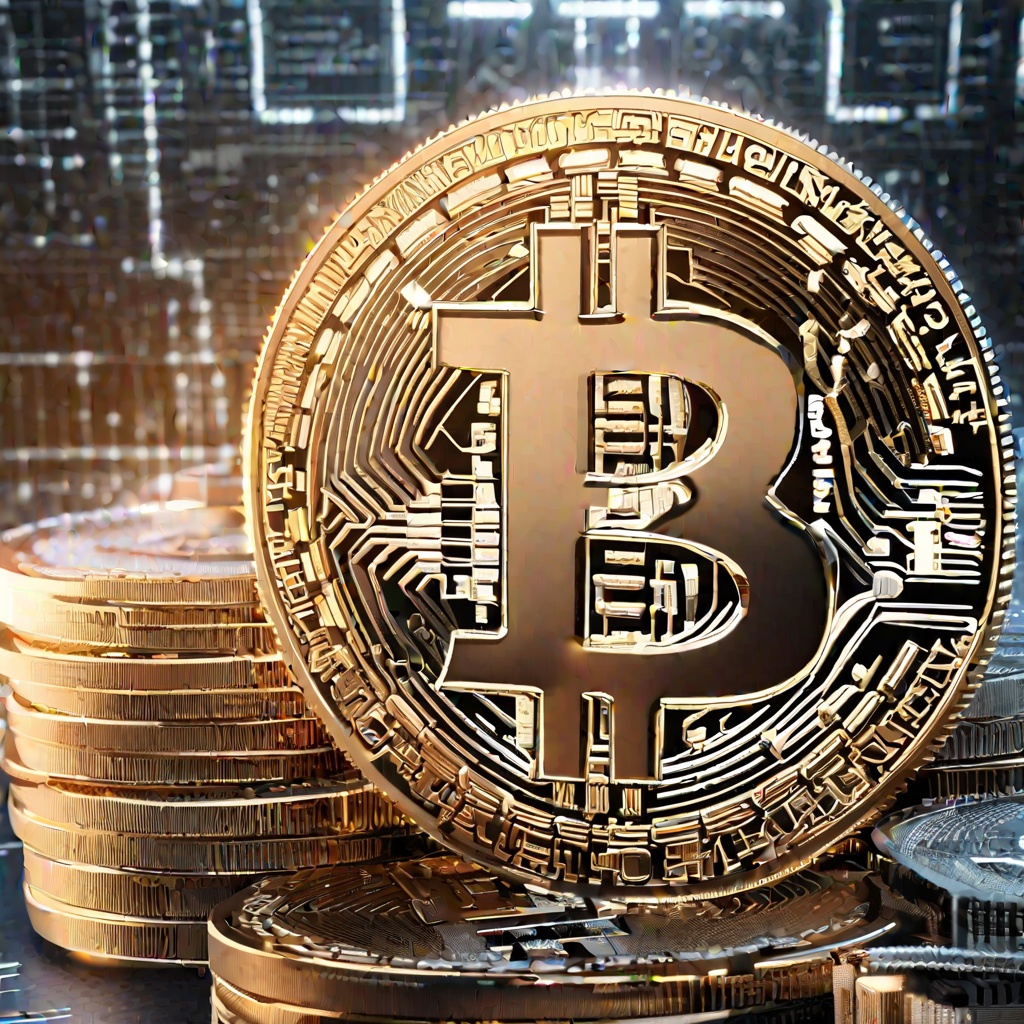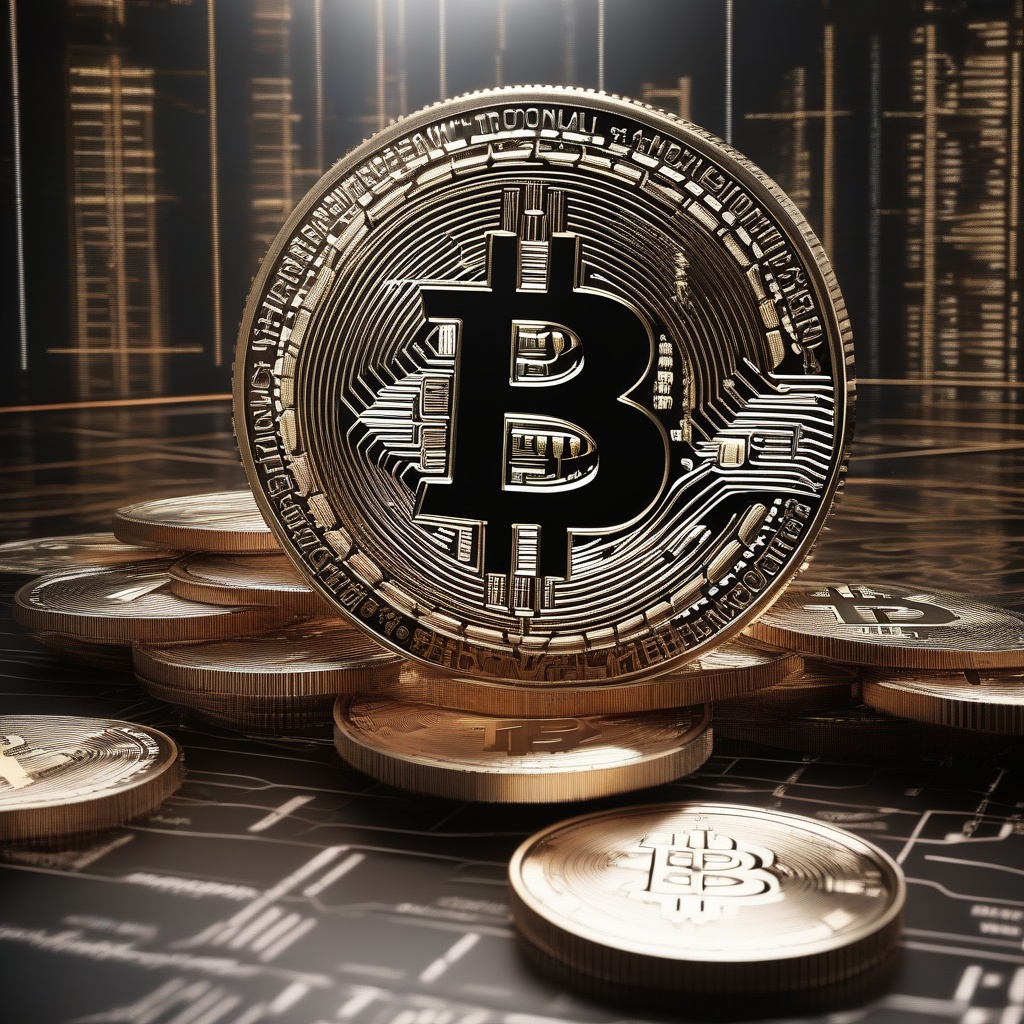Is Silvergate a challenge for the crypto industry?
Could you elaborate on why Silvergate might pose a challenge for the cryptocurrency industry? How does its operations, specifically the Silvergate Exchange Network, potentially impact the sector? Are there any specific concerns or opportunities that arise as a result of Silvergate's presence in the market? Additionally, how does Silvergate's influence compare to other players in the crypto finance space?

Is Blackrock's Ethereum ETF a new phase in the crypto industry?
Could the introduction of Blackrock's Ethereum ETF signify a pivotal moment in the evolution of the cryptocurrency industry? Is this a sign that institutional investors are finally embracing digital assets as a legitimate asset class, or is it simply a fleeting trend? Will the launch of this ETF bring greater legitimacy and stability to the crypto market, or will it lead to increased speculation and volatility? Ultimately, what impact will Blackrock's Ethereum ETF have on the future of the cryptocurrency industry?

How important is ESG in the crypto industry in 2022?
Good day, could you please elaborate on the significance of ESG, or Environmental, Social, and Governance factors, within the cryptocurrency industry in the year 2022? With the industry's rapid growth and increased scrutiny from regulators and investors alike, has ESG emerged as a crucial aspect for crypto firms to consider in their operations and investment strategies? If so, how are crypto companies incorporating ESG principles into their businesses, and what challenges or opportunities does this present for the industry as a whole?

Is Gensler the crypto industry's worst enemy?
Are we to consider Gary Gensler, the chairman of the U.S. Securities and Exchange Commission, as the crypto industry's worst enemy? His recent statements and actions have sparked concerns among investors and enthusiasts alike, with some arguing that his stance on regulating digital assets is overly restrictive and could stifle innovation. However, others contend that his efforts are necessary to protect consumers and maintain market stability. What's your take on this debate? Could Gensler's policies truly hinder the growth of the crypto industry, or are they necessary steps towards responsible growth?

Can banks play a role in the crypto industry?
Can banks truly play a pivotal role in the rapidly evolving cryptocurrency industry? With their vast resources, established infrastructure, and regulatory expertise, do they have the potential to shape the future of digital assets? Or are they merely spectators, watching from the sidelines as decentralized finance takes center stage? It's a question that has sparked heated debates among industry insiders and regulators alike. On one hand, proponents argue that banks can bring stability and legitimacy to the crypto space. On the other, skeptics contend that their involvement could stifle innovation and compromise the very principles that underpin the industry. So, what's the truth? Can banks truly be a force for good in the crypto world, or are they destined to be mere bystanders?

